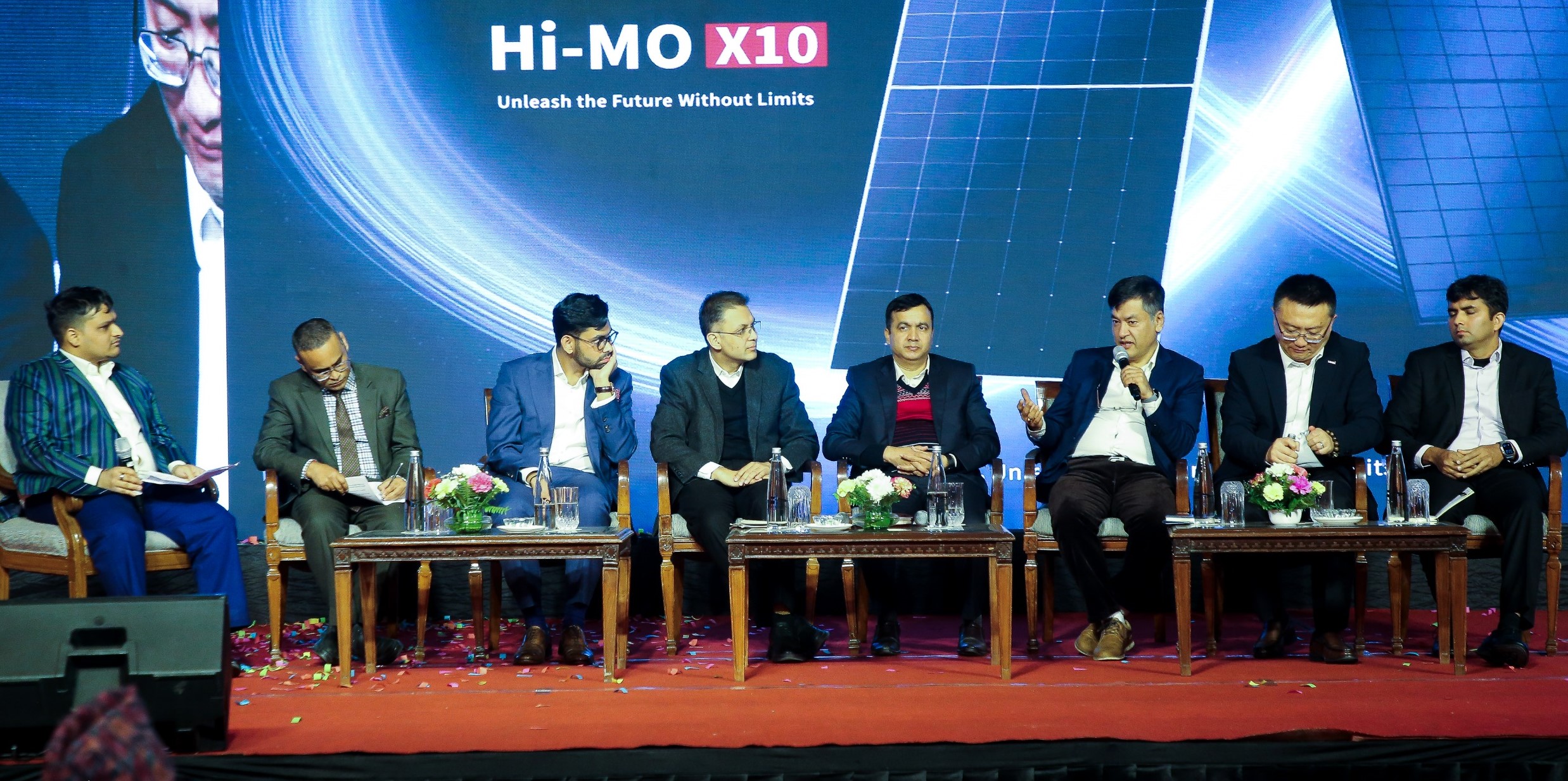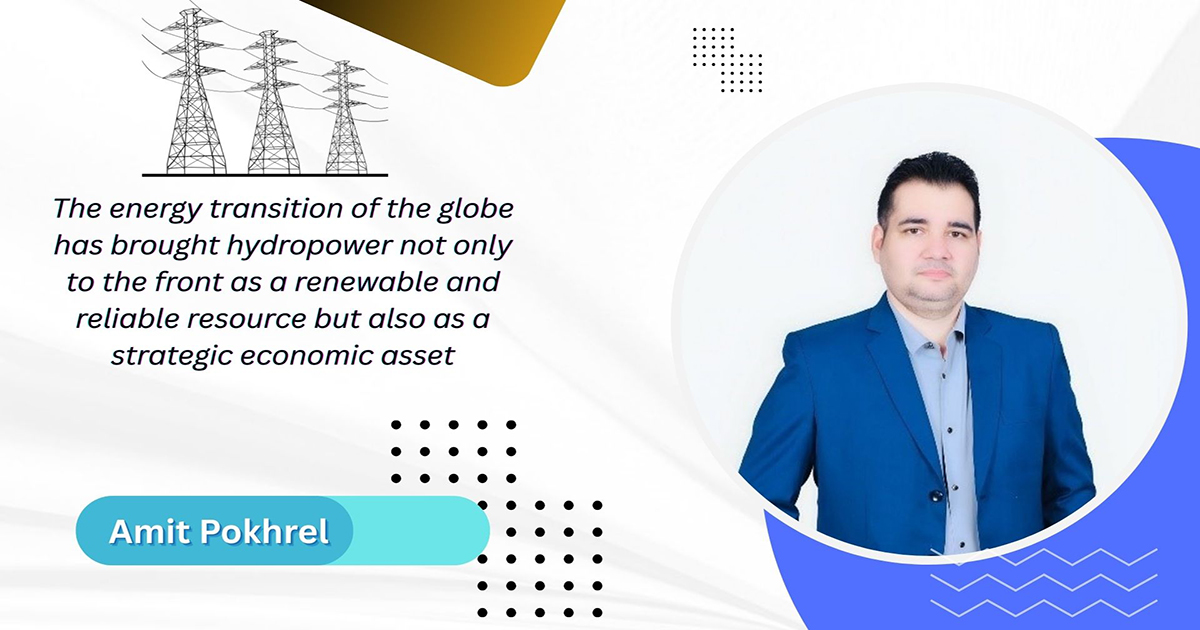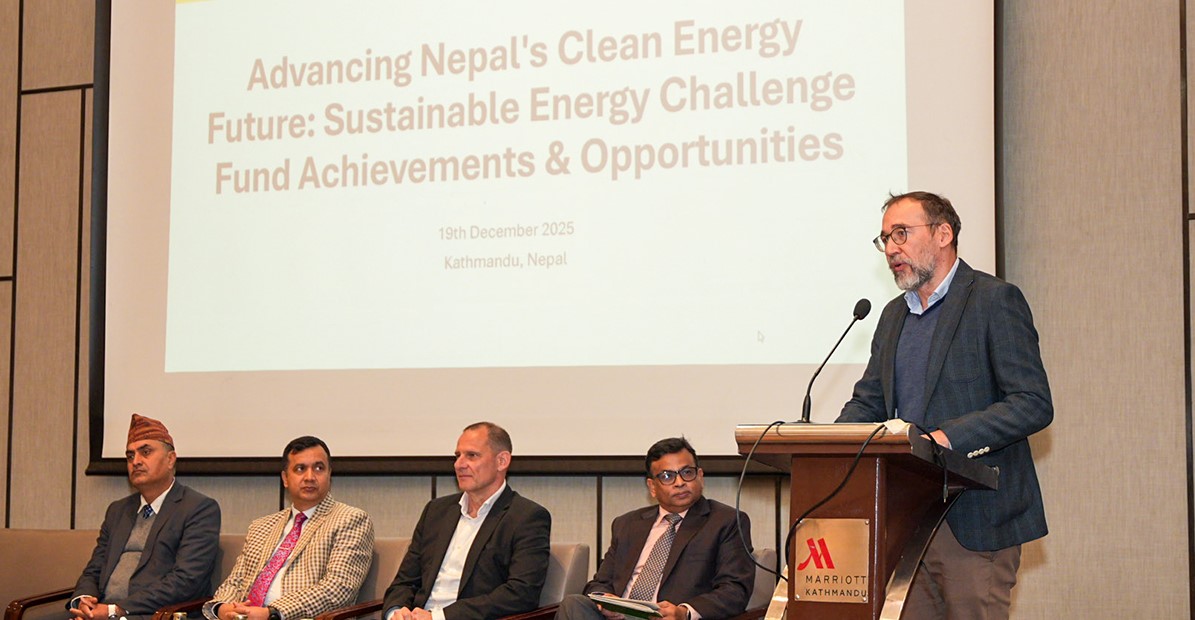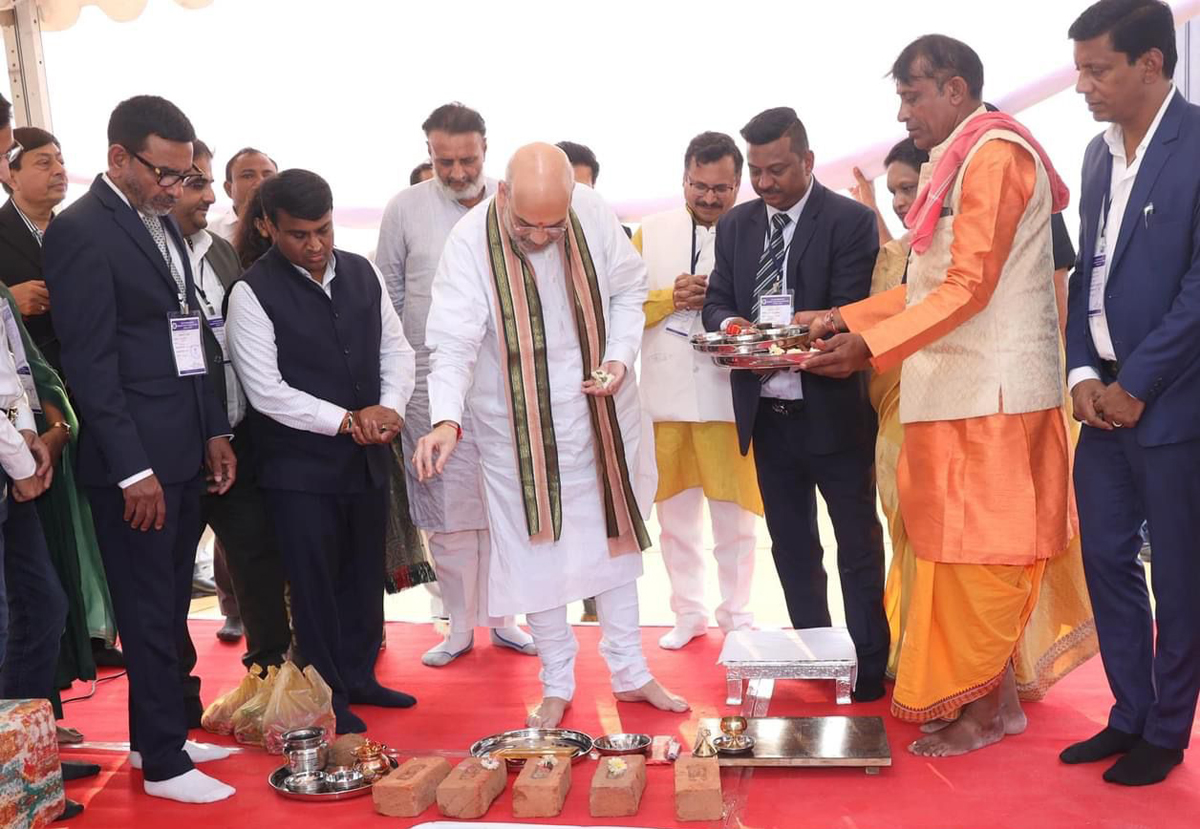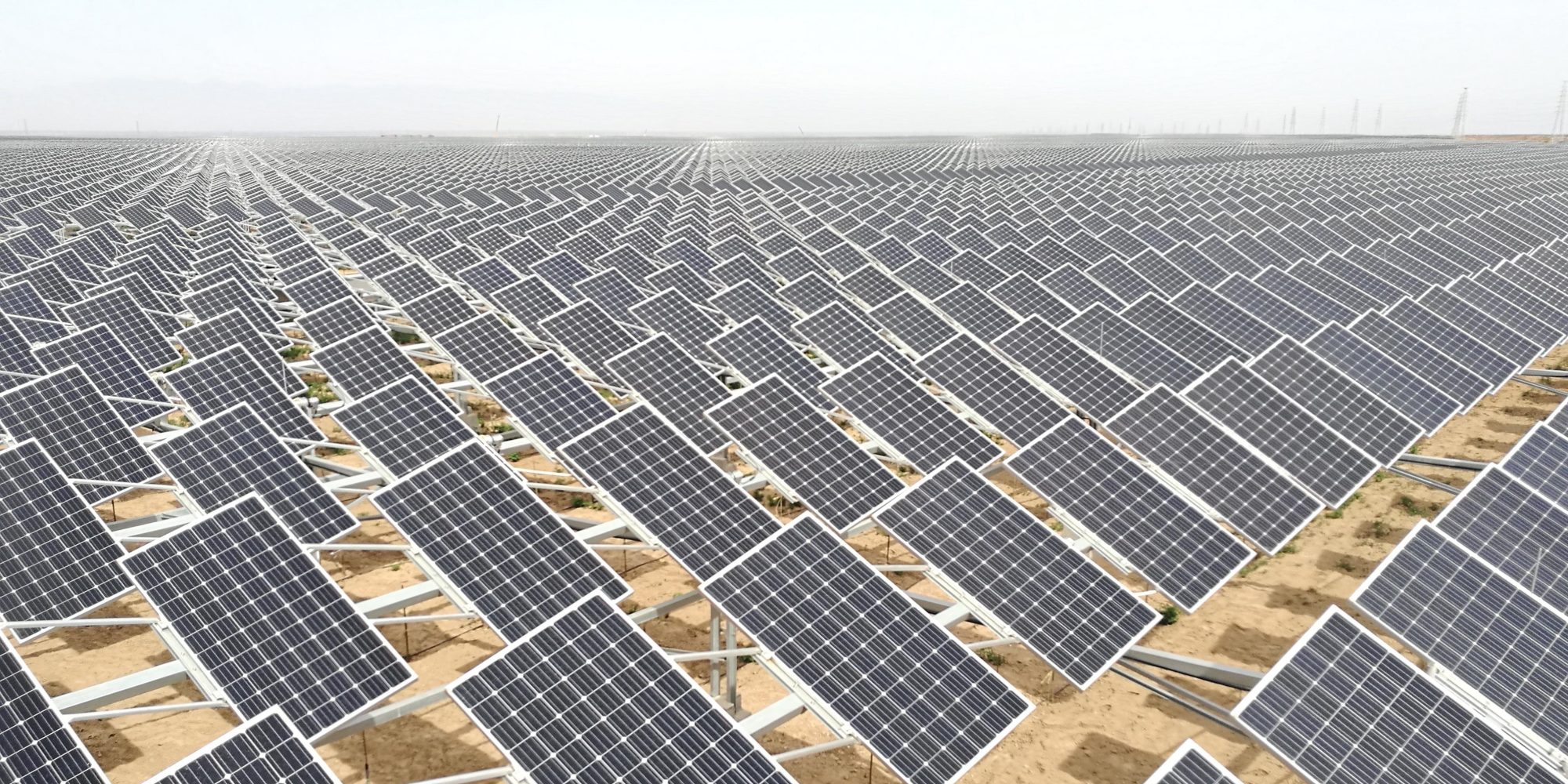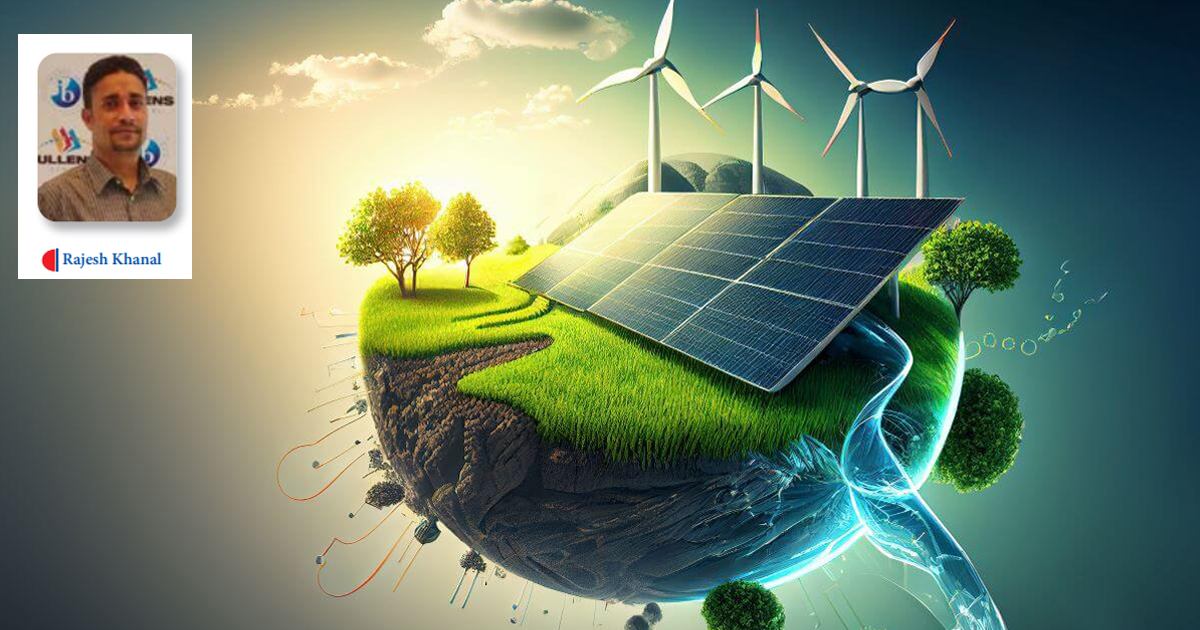Energy Update
Hydrogen fuel-based cooking turns successful in Nepal
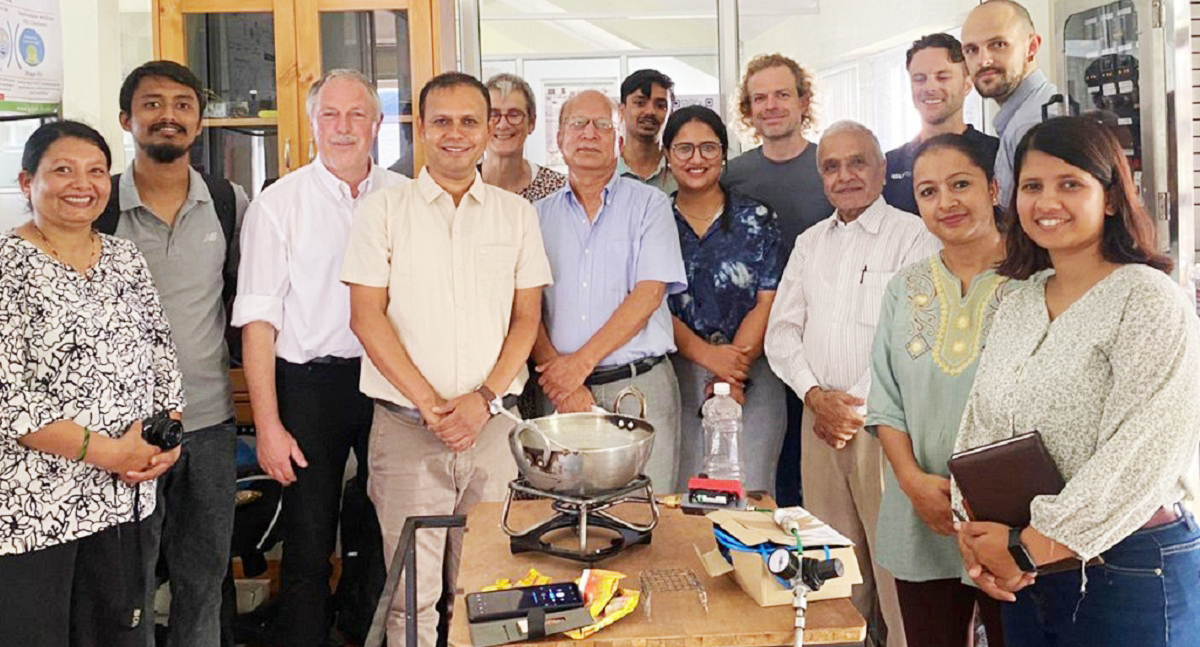
Kathmandu; Hydrogen was successfully used as a fuel for cooking food in a testing carried out at the Kathmandu University (KU) Hydrogen Lab on Sunday i.e. 17 September.
It is the first time in Nepal that the scientists have succeeded in the trial. More than 12 scientists from Nepal, UK and Switzerland carried out their experiment on the master plan 18 months ago. The team set up a special stove and managed to cook five packets of noodles in seven minutes using hydrogen fuel for lunch on Sunday, according to KU.

The British company Energy Catalyst Program, among the five organizations led by Nepal Energy Foundation (NEF) that have been jointly working on the project, has provided financial support. Scientists from the Lucerne School of Engineering and Architecture, Switzerland, have provided technical assistance in the development of the stove. The KU is the knowledge partner of the project.
The scientists involved in the project have sought the high potential of utilizing hydrogen fuel in Nepal, while it can be used as an alternative to liquefied petroleum gas (LPG) and other biofuels that are being used for cooking. They have also expressed that even though the trial in cooking food with hydrogen is successful, they need to explore it in more research for its possibility in commercial production, competitive pricing and practical use.

Sher Singh Bhat, vice president of the NEF, said not only in Nepal, but for the first time in the world, hydrogen fuel has been successfully used for cooking. He expressed that the work has been proven a milestone in terms of the use of green fuel.
"By building a special stove, we have succeeded in making food using the hydrogen in the Hydrogen Lab of the KU," he said, "Now for its commercial and practical use, cylinders, regulators, stoves, production and distribution, electricity availability and pricing should be done properly. For this purpose, there is a need for more study and research.”
Bhat added if the government channelizes subsidy being given to imported LPG for the production and use of hydrogen fuel cylinders, it is possible that to make avail this fuel at lower cost. "This will also widen the scope of the domestic market for the electricity produced in Nepal," he said.
According to him, general people could be attracted more to hydrogen fuel than using electricity. “As hydrogen fuel serves in a similar way as by the LPG, people can trust more on the hydrogen fuel run stove than electrical devices.” He said that after the trial use of hydrogen fuel was successful, now the foundation can take the program to arrange cooking with hydrogen at the community level in Baglung.
Dilli Ghimire, manager of NEF, expressed his happiness for the success. "We have succeeded in cooking with hydrogen fuel. Now more work needs to be done to take it forward for a commercial purpose."
Meanwhile, the NEF has announced that it will use the electricity of the Girindikhola Micro Hydropower Project of the district to start a hydrogen based cooking program in 15 households. Bhat said the foundation is going to proceed with the project of filling the hydrogen produced from the small hydropower in cylinders and distributing it to 15 households of the village, aiming to complete the project in the next 18 months.
Conversation
- Info. Dept. Reg. No. : 254/073/74
- Telephone : +977-1-5321303
- Email : [email protected]








